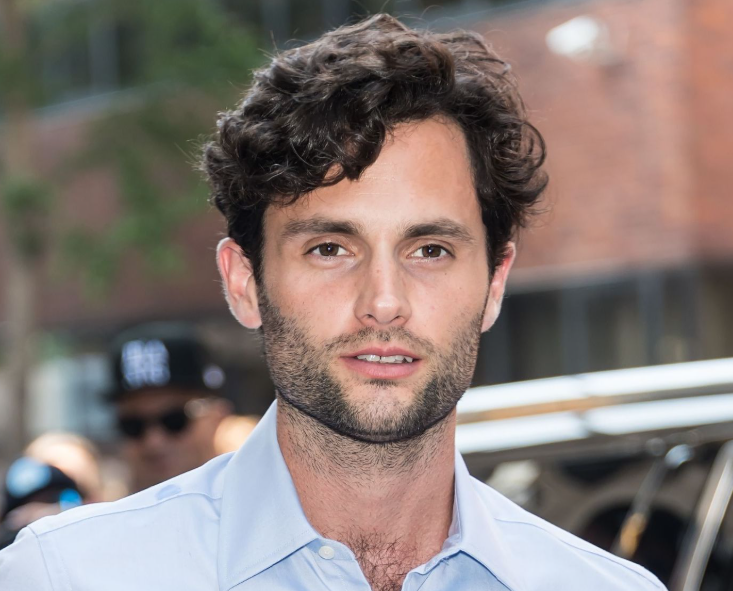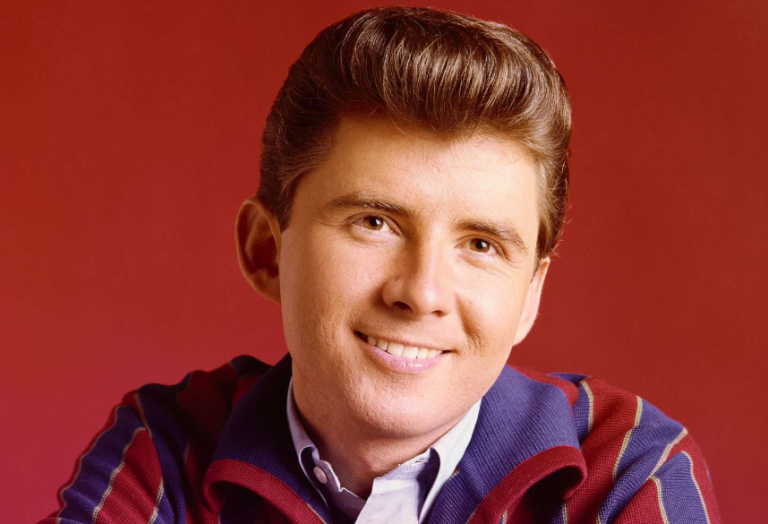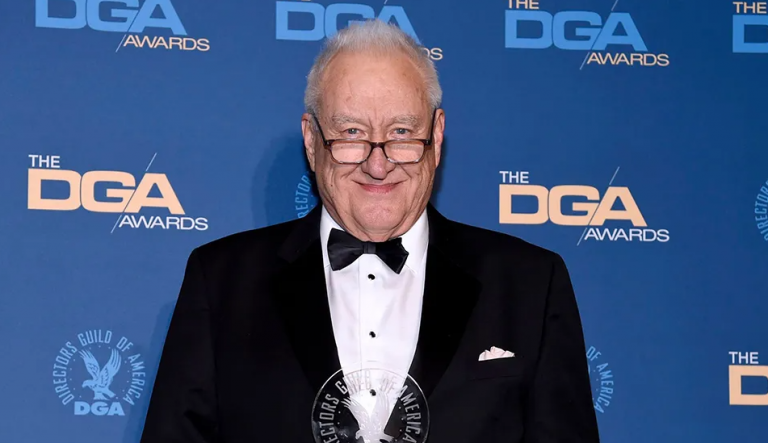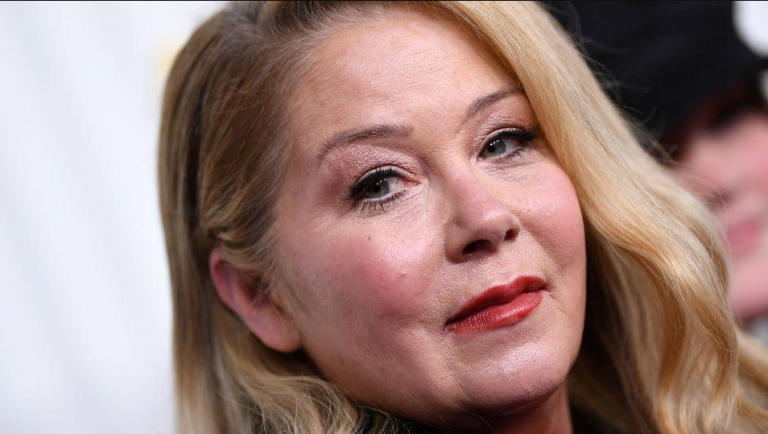Penn Badgley Opens Up About Childhood Body Dysmorphia
Penn Badgley has opened up about his experience with childhood body dysmorphia, sharing how it once made him consider leaving acting altogether. In an April 2025 interview, the “You” star spoke candidly about the emotional challenges he faced growing up and how they shaped his relationship with himself and his career.
Badgley explained that as a child actor, he was under constant scrutiny—on set, in auditions, and in the public eye. This exposure magnified his insecurities about his appearance. He said he “hated” his body for years, feeling as though he could never measure up to the image he thought was expected of him.
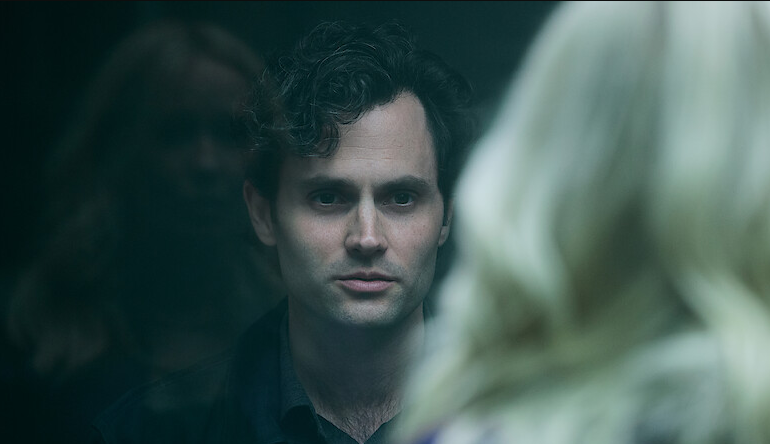
“I remember looking at myself and thinking, ‘This isn’t right, I’m not right,’” Badgley shared. “It wasn’t just about being unhappy with my appearance—it was about feeling disconnected from myself.”
Body dysmorphic disorder (BDD) is a mental health condition where a person becomes excessively preoccupied with perceived flaws in their appearance, even if those flaws are minor or invisible to others. For Badgley, these feelings began early and were intensified by the pressures of the entertainment industry.
He admitted that there were moments when the strain became so heavy that he thought about stepping away from acting entirely. The combination of self-criticism, comparison to others, and industry standards left him questioning whether a career in the spotlight was worth the toll it took on his mental health.
What helped him find stability, he said, was a shift in priorities and values. Over time, Badgley turned to spirituality and leaned on close, supportive relationships. These sources of strength allowed him to rebuild his sense of self-worth outside of appearance and career success.
“Spirituality gave me a sense of connection to something bigger than myself,” he explained. “It helped me understand that my value isn’t tied to what I look like or how people see me.”
Badgley also credited his friends and family for providing a safe space where he could be himself without judgment. Having people in his life who valued his character over his appearance allowed him to gradually let go of harmful self-perceptions.
Today, Badgley says he approaches acting with a healthier mindset. While he acknowledges that the industry still has a long way to go in terms of body image standards, he feels better equipped to navigate it without losing his sense of self. He hopes his story will help others, especially young people, understand that it is possible to move past deep-rooted insecurities.
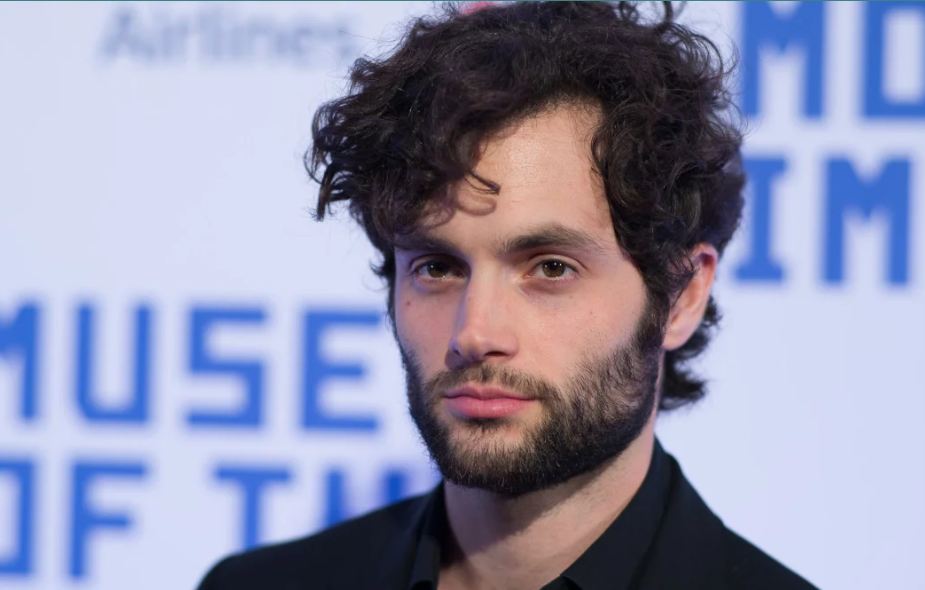
His openness adds to the growing list of public figures using their platforms to speak about body image and mental health. For fans, his honesty offers reassurance that they are not alone in their struggles and that healing, while not always quick, is achievable.
Badgley urged anyone experiencing similar feelings to seek support and to remember that self-worth is not defined by physical appearance.
“It’s taken years,” he said, “but I’ve learned that my body is not my enemy. It’s a part of me, and I can choose to care for it instead of fighting against it.”
By sharing his journey from self-hatred to self-acceptance, Penn Badgley has provided a powerful reminder that recovery is possible. His experience underscores the importance of compassion—for ourselves and for others—and the role that understanding, supportive connections can play in overcoming mental health challenges.

